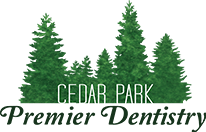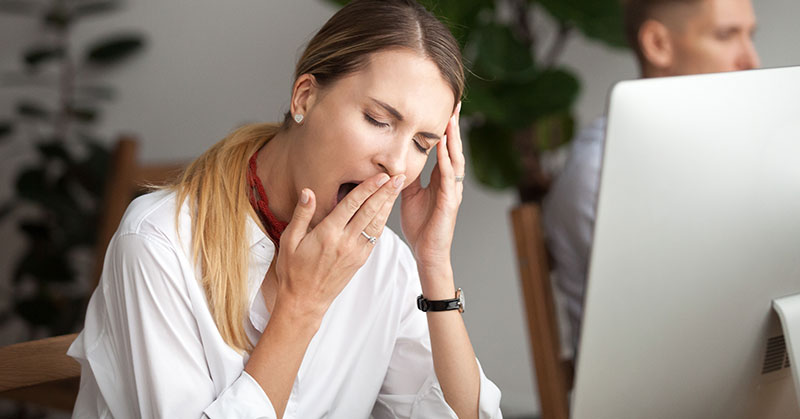A lot of people snore loudly, and in most cases it’s nothing more than a minor annoyance. But for some people, loud snoring is a symptom of a much more serious issue called sleep apnea. This condition can not only have a negative effect on a person’s quality of sleep; it can also lead to other more serious health problems.
There are three types of sleep apnea:
- Obstructive Sleep Apnea (OSA): People with OSA experience periods of time when they stop breathing while asleep. This occurs when the airway located in the back of the throat becomes blocked.
- Central Sleep Apnea (CSA): People with CSA typically experience shallow and slow breathing due to the brain not adequately controlling the muscles involved in breathing while the person is asleep.
- Mixed Sleep Apnea: People with this condition experience a combination of OSA and CSA. This is often referred to as “complex sleep apnea.”
We mentioned earlier that one of the symptoms of sleep apnea is loud snoring. But just because you snore doesn’t mean you have sleep apnea. People with this sleep disorder typically experience some of the following symptoms in addition to loud snoring: - Disrupted breathing – People with CSA often breathe in a slow and shallow manner while sleeping, and people with OSA often stop breathing completely for as long as a minute at a time.
- Daytime sleepiness – Because any form of sleep apnea interrupts normal nighttime sleep patterns, most people with sleep apnea feel sleepy during the day.
- Headaches (especially in the morning) – This is most common in people with OSA and is caused when the person’s oxygen level drops as a result of intermittent breathing while asleep.
• Morning dry mouth and/or sore throat – People with sleep apnea commonly sleep with their mouths open, which can result in dry mouth and/or a sore throat in the morning. - Irritability and lack of focus – It’s not uncommon for sleep apnea sufferers to feel grumpy during the day and find it hard to concentrate on tasks at hand, both of which are associated with lack of quality sleep.
Fortunately, there are several effective treatments for sleep apnea. People with severe cases may need to utilize a CPAP (continuous positive airway pressure) machine while they sleep. But many sleep apnea patients experience relief from their symptoms by using a specially designed mouth guard while sleeping. These custom-made devices provided by dentists ensure that the patient’s airway remains open and unobstructed while they sleep. If you believe that you have sleep apnea, schedule an appointment with your dentist or doctor today to find out more information.


